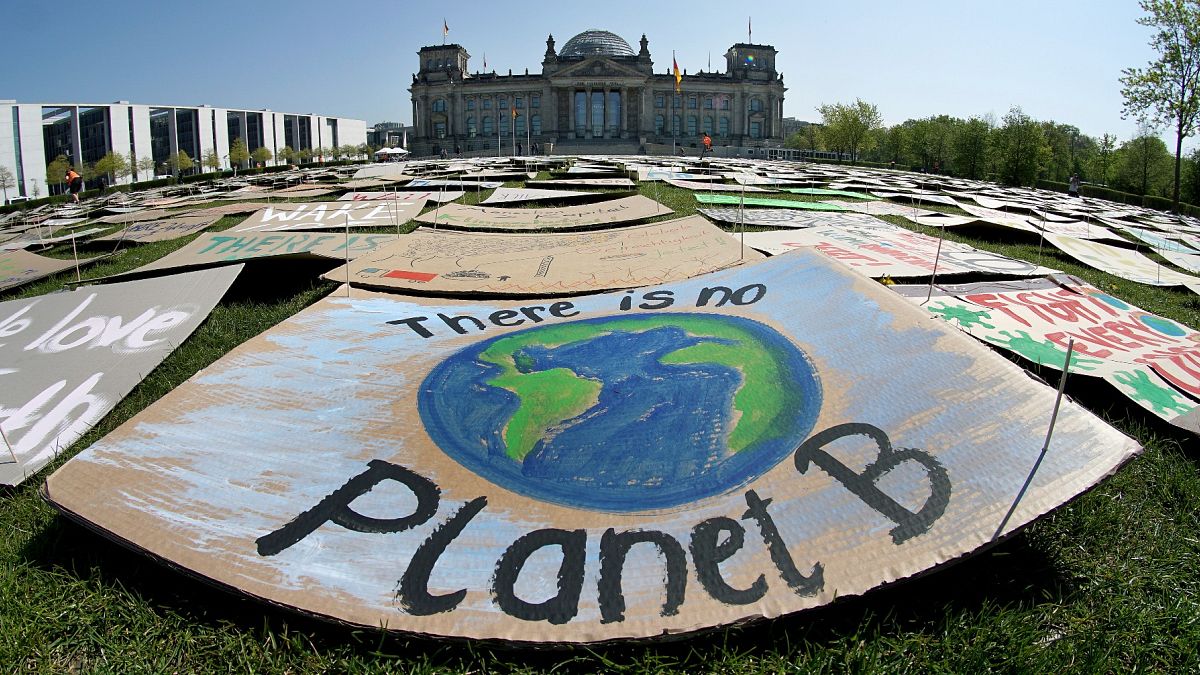Nineteen of the G20 countries — which emit 80% of global emissions — have chosen to provide financial support to their domestic oil, coal and/or gas sectors, Climate Transparency said on Tuesday.
The most developed 20 economies in the world managed to reduce CO2 emissions in 2019 but risk reversing the positive trend through COVID-19 recovery packages that overwhelmingly support fossil fuel industries, a new report has found.
The Climate Transparency annual review of G20 countries' climate action found that they had collectively managed to reduce energy-related CO2 emissions through climate policies rather than external shock by 0.1 per cent in 2019 for the first time. Such emission had increased by 1.9 per cent in 2018.
G20 countries emit about 80 per cent of the world's emissions.
Meanwhile, the share of renewables has also continued to rise and now accounts for 27 per cent of power generation in the 20 countries.
G20 energy-related CO2 emissions are expected to plummet 7.5 per cent this year compared to 2019, due in large part to widespread lockdowns imposed to curb the spread of COVID-19 which all but ground the world economy to a halt and resulted in the cancellations of most flights.
"Before the pandemic hit, results of climate action were coming to fruition in some energy-related sectors and the crisis consolidated these trends in the majority of the G20 countries," Jorge Villarreal of Iniciativa Climatica Mexico said in a statement.
"But without further climate action these effects will be temporary and concentrations of CO2 in the atmosphere continue to rise. The political choices in the coming months will determine whether G20 countries manage to sustainably bend the emissions curve," he added.
Unconditional bailouts
Researchers from Climate Transparency flagged for instance that 19 of the G20 countries have chosen to provide financial support to their domestic oil, coal and/or gas sectors and that 14 countries bailed out their national airline companies without climate conditions attached with only France doing so.
Seven countries are providing unconditional support to the automotive industry with France and Germany the only ones to have imposed environmental conditions. Additionally, only four of the 20 nations provided more funding to green sectors compared to fossil fuel or other emission-intensive industries.
"The recovery packages can solve the climate crisis or make it worse," Dr. Charlene Watson of the Overseas Development Institute argued.
"Some 20 countries like the EU, France or Germany are setting mostly a good example for building more resilient economies while shielding themselves against the accelerating climate impacts," she said.
The EU has committed to spend 30 per cent of its 1.8 billion seven-year budget and COVID-19 recovery package to fighting climate change.
None of the countries are for now on track to meet their Paris Agreement target to ensure that global temperatures remain 2°C above pre-industrial level, the report also flags.
The report was released just days before this year's G20 Summit chaired — virtually — by Saudi Arabia.
The Middle Eastern country has the second-highest greenhouse emissions per capita of G20 countries — behind Australia — with fossil fuel making up 99 per cent of the nation's energy mix.


